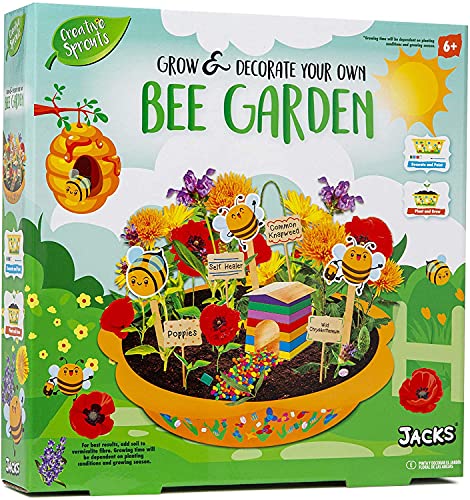- Joined
- Jul 5, 2010
- Messages
- 1,502
- Reaction score
- 0
- Location
- Northern Ireland
- Hive Type
- National
- Number of Hives
- >20
Nice looking beehives.
I recognised the roofs and it would appear I correctly pointed a third party to the correct supplier last night!
PS - back on thread - it was nice to see the Cornish AMM getting some good PR.
Last edited:




















































